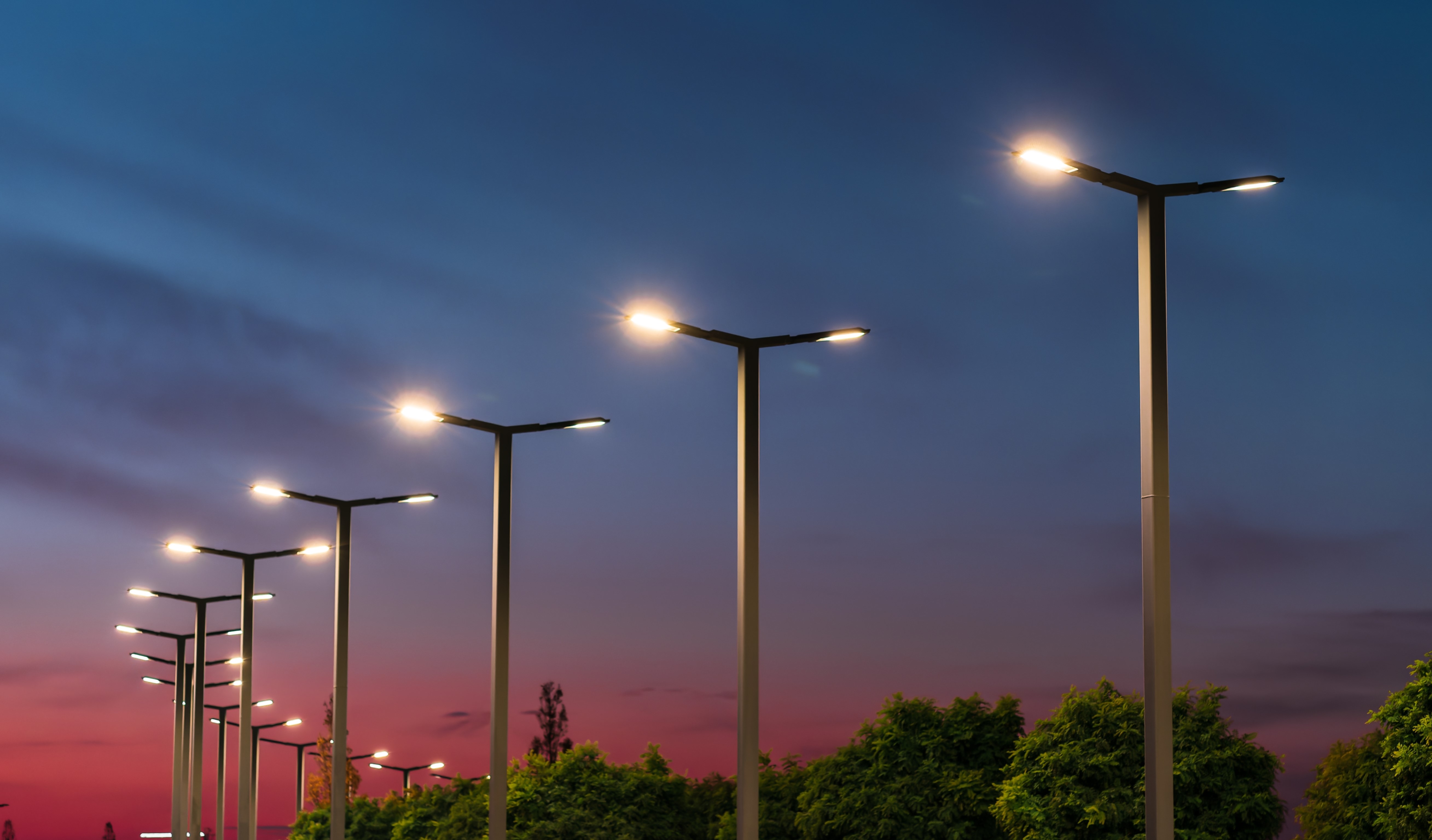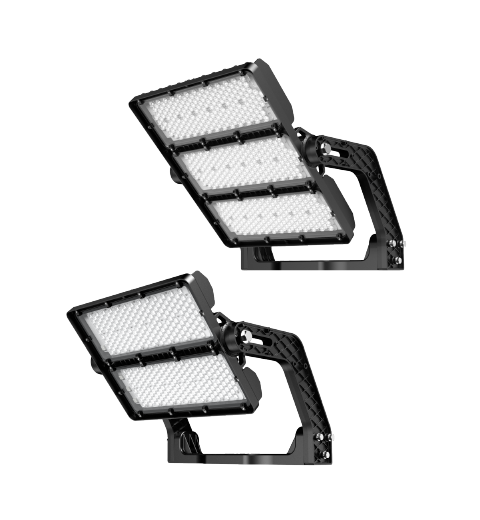IK Rating Explained

Understanding the Impact of IK Ratings
The IK rating, often overlooked, is crucial for determining the durability of LED lights. Understanding this rating empowers consumers and professionals to choose tailored lighting solutions, ensuring resilience in diverse environments.
Selecting LED fixtures with the appropriate IK rating ensures durability and reliability, safeguarding against physical impacts and enhancing the longevity of lighting investments.
The IK rating, known as the "impact protection rating," is crucial for assessing the resilience of light fixtures against external mechanical impacts. It measures a fixture's ability to withstand physical shocks and blows without damage, particularly important for LED lights in outdoor and industrial environments susceptible to vandalism, accidental impacts, or environmental elements like wind-blown debris.
IK ratings, denoted by "IK" followed by a number from 0 to 10, indicate the level of protection against external mechanical impacts. Higher ratings signify better protection, ensuring durability and reliability, especially in harsh conditions. By considering the IK rating, consumers and businesses can make informed decisions about the suitability of LED fixtures for their specific applications.
The IK rating system spans from 0 to 10, with higher values indicating greater resistance to impact. As the rating increases, so does the product's ability to withstand kinetic energy, making it more robust and durable.
The importance of IK values
Impact protection levels: In environments prone to rough impacts and vandalism, robust products are essential for maintaining safety. Different applications require varying levels of IK classification, tailored to the target market's needs.
Effect on light source lifespan: IK ratings significantly impact technology's lifespan, as damage can compromise or entirely impair a product's functionality.
Reduced maintenance:
Higher IK ratings alleviate concerns about damage, leading to lower maintenance or replacement costs and reduced need to restrict access to certain areas due to equipment vulnerability.
Compliance:
Engineering offers comprehensive electromagnetic compatibility (EMC) services, including product certification, safety testing, environmental testing, RF interference analysis, and EMC filters, ensuring compliance with industry standards and regulations.
The IK rating is a critical factor to consider when choosing LED lighting solutions. By understanding the importance of this rating and selecting fixtures with an appropriate IK rating for their intended application, consumers and businesses can ensure they get the most value and longevity out of their LED lighting investments.

.png)

